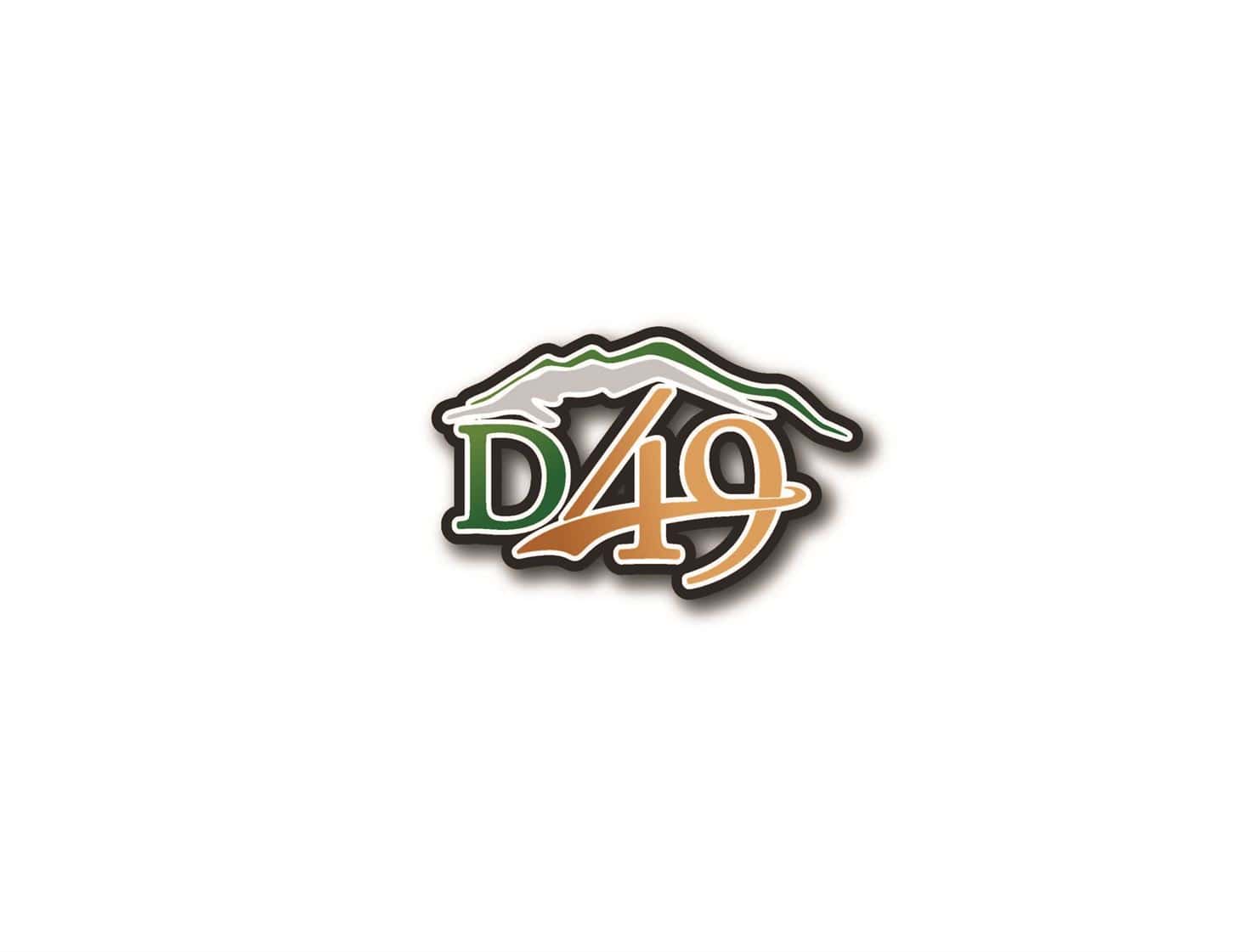On Nov. 7, voters will decide whether El Paso County School District 49 teachers will see pay increases of 7% annually for seven years. The mill levy override on the ballot states the following:
- THE FUNDS COLLECTED WILL BE USED SOLELY TO FUND SALARY RAISES FOR CLASSROOM TEACHERS; AND
- NO PROCEEDS FROM SUCH TAX INCREASE WILL BE SPENT ON DISTRICT ADMINISTRATION; AND
- SUCH TAX INCREASE WILL EXPIRE ON DECEMBER 31, 2030, UNLESS PRIOR TO SUCH DATE THE DISTRICT IMPROVES ACADEMIC PERFORMANCE 40% (FROM 50 POINTS TO 70 POINTS) AS MEASURED AND REPORTED PUBLICLY BY THE COLORADO DEPARTMENT OF EDUCATION PERFORMANCE FRAMEWORK AS CERTIFIED IN A RESOLUTION ADOPTED BY THE BOARD PRIOR TO DECEMBER 31, 2030, AT WHICH POINT SUCH TAX INCREASE SHALL BE USED EXCLUSIVELY FOR CLASSROOM TEACHER SALARIES
Peter Hilts, D 49 superintendent, said, “We are facing intense pressure from other districts and other industries who can afford to pay teachers more money.” D 49 was able to raise the teacher base salary for the 2023-2024 school year to $47,000 but still remain at the bottom compared to the neighboring two districts. School District 11 raised their base to $50,000 and School District 20 teachers’ starting base is now $48,300. “Even though we raised our base, we still lost ground,” Hilts said.
Hilts said Colorado funds schools with a mix of business and residential property taxes, giving nearby districts more funds to work with. According to the Colorado School Finance Project, D 11 has $3.5 billion in assessed property values, D 20 has $2.2 billion and D 49 comes in the lowest at $1.3 billion. “Districts with business-dense properties get more money from local taxes, and districts with residency dense properties get less,” Hilts said. “We are highly residential. We do not have the downtown banking, manufacturing sector, defense contractors or big hospitals. We have a limited number of retail operations and a lot of houses that generate low revenues.”
The anticipated increase in homeowners’ taxes based on recent increased valuations are not expected to make a significant difference in school funding. “The state offsets those valuations with reduced state share,” Hilts said. “It means that when property values generate more value in local districts, the state says you’re good, we don’t have to put as much money into the district. Those tax revenues go to the state and help fund Denver, Pueblo and other schools. An MLO funds D 49 only. It is specific to our district and stays in our district.”
Katy Gibe, fifth-grade teacher at Meridian Ranch Elementary School, said other districts are recruiting D 49 teachers to fill their vacancies. Gibe has been a teacher for 21 years, 11 of which have been in D 49. Gibe said, “I love D 49 because they take time to invest in their teachers with many opportunities for professional development. But then they can’t compensate them.” She said she has been personally contacted by another district with an offer to match her years of service, a pay increase and a signing bonus.
“We’re losing our good teachers that D 49 has invested in,” Gibe said. “We’re losing the teachers who care about kids because they need the money to support their families. I can tell you teachers in D 49 love it and those who have left have done so reluctantly.”
Gibe said increased wages will help retain good teachers and attract teachers who want to be in the district, which in turn increases learning and test scores in the classroom. “It makes me invest more in my kids,” she said. “I use what I’m learning along with my passion for teaching, and that makes my classroom community get better. I hope what I’m doing in class extends beyond, and these kids are going out and changing the world.”
Hilts said passage of the MLO means the average homeowner would see a yearly cost of $218 or slightly less than a $20 per month increase in taxes. The funds cannot be used on any district expenses other than teacher salaries and will be monitored by a citizens’ oversight committee. “D 49 has the best track record of proper use of tax revenues of any district in the region,” Hilts said. “The oversight committee reviews every expenditure and advises the board before they approve anything. We also were pioneers in putting our payment register online so anybody can see any expense. We have a perfect track record of audits conducted by an external audit firm. We have had zero negative findings alongside decades of accurate, responsible fiscal stewardship.”
If the MLO does not pass, Gibe said she feels that more teachers will leave the district. “The highly qualified teachers that they have invested in are going to leave and that leads to teacher shortages, which leads to larger class sizes,” she said. “We’ll have to combine classes. We pride ourselves in our relationships with our kids, which we can do with a class size of 25 but not if the class size is 35. And when schools decline, property values decline.
“Our teachers want parents to know we want to stay. And yes, we know teaching is a passion job and we knew that it was going to be low pay when we went into it. I know everybody is hurting, but this is our future. These kids are our future.” “In the end, school quality depends on local support,” Hilts said. “And this measure creates local revenue that will only be spent here on our teachers.”





